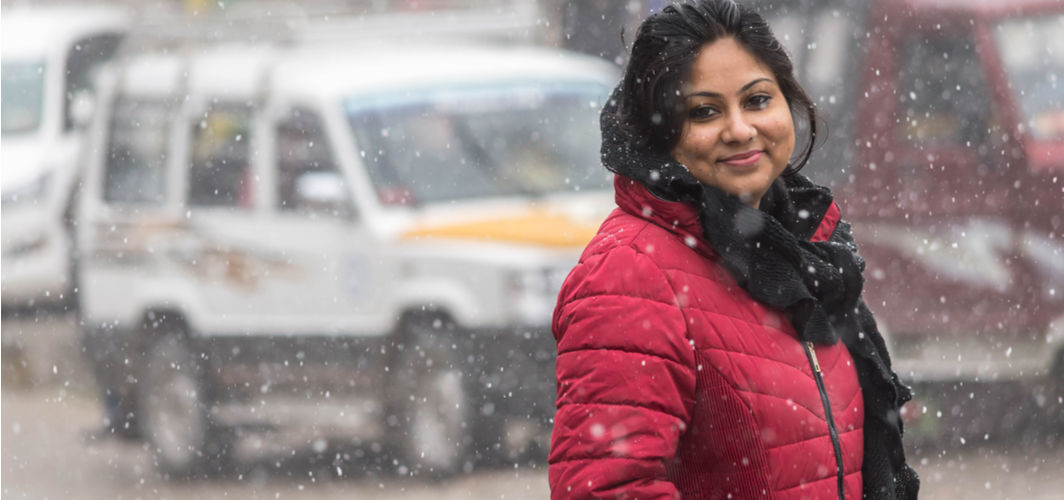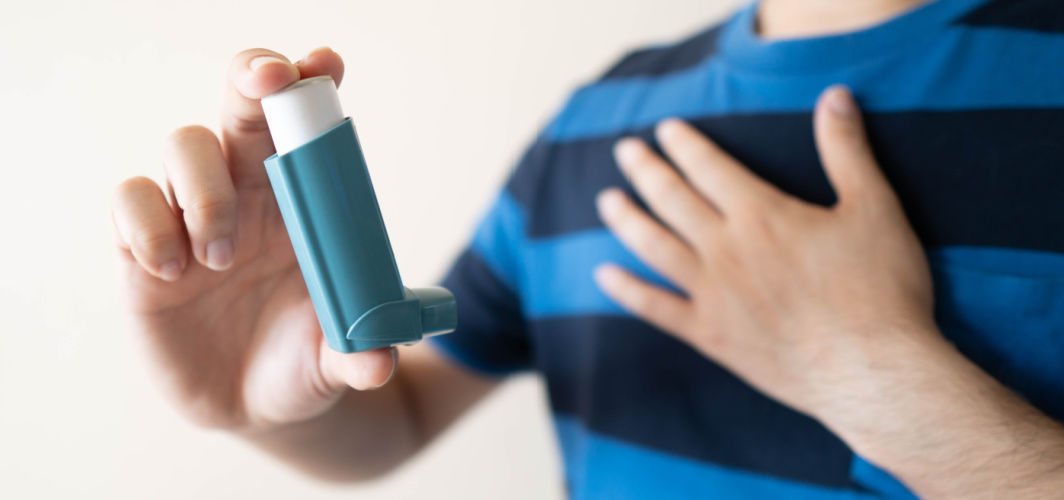Respiratory Health
Improve Your Respiratory Health This Winter
5 min read
By Apollo 24/7, Published on - 21 November 2020, Updated on - 18 January 2023
Share this article
3
31 likes

Which respiratory diseases are more prevalent during winters?
- Common cold: This is the most contagious disease seen during winters and can be caused by more than two hundred different types of viruses.
- Influenza: Commonly known as flu, influenza is a viral disease that looks exactly like a common cold but is more severe. A person with flu would also complain of body ache, congestion, fatigue and chest pain.
- Bronchitis: Bronchitis manifests in the form of swelling and irritation in the airway and lungs. It is often preceded by a common cold or flu. The most common symptom of bronchitis is a persistent cough.
- Pneumonia: Pneumonia is most commonly seen during winters and causes the small air sacs of the lungs (alveoli) to get filled up with fluid.
- Whooping cough: Whooping cough (also called pertussis) is mostly seen in young children and is highly contagious in nature. It presents as uncontrollable violent coughing.
- Respiratory Syncytial Virus (RSV): RSV is mostly seen in infants and children and can result in chronic bronchitis and pneumonia. It presents with severe pain in the chest and is often seen during peak winters.
- Sinusitis: Sinusitis is an upper respiratory tract infection that can present with congestion, headache and cough. Sinusitis is usually seen in closed spaces with poor ventilation.
Recommended Read: How Can People with Respiratory Illness Protect Themselves Against COVID-19?
How the body normally responds to a virus
Does winter aid the spread of respiratory diseases?
What can be done to protect the lungs during winters?
- During winter, our body gets tired easily as it is already working hard to keep the body temperature normal. Layering the body with warm clothes would help the body regulate the temperature much easier.
- To prevent sinusitis during winters, one must drink lots warm of water, keep their surroundings clean to avoid dust and inhale steam to open up the blocked respiratory tract and sinuses.
- People must get flu shots (vaccine for influenza) every year to reduce the risk of getting the flu.
- Consumption of multivitamins would help in boosting immunity during winters.
- Vitamin C rich foods such as lemon, orange, Indian gooseberry and guava, would help in preventing various respiratory illnesses.
- People with pre-existing respiratory diseases must perform breathing exercises on a regular basis to maintain their lung function.
- If the air quality is bad around your place, avoid morning jogs as the toxic pollutants in the air are at a peak during that time.
- Consume hot beverages such as tea, coffee or soups to help maintain the body temperature.
- Use a humidifier at home to prevent the drying of the airway.
Conclusion
Respiratory Health
Leave Comment
Recommended for you

Respiratory Health
Can Asthma Get Worse During Summers?
Summers can trigger allergies, which can further trigger asthma. Here is what you need to know to keep asthma attacks at bay this summer season.

Respiratory Health
Types of Asthma: Classification & Severity
Know about the different types of asthma and their severity levels. Discover the latest guidelines, technologies, and lifestyle factors to manage asthma effectively.

Respiratory Health
Adenovirus Wreaking Havoc In Kolkata. Know All About The Virus!
India has seen a recent spike in adenovirus cases, especially in the state of West Bengal. Adenovirus is a group of common viruses that lead to cold, cough and fever. Adenoviruses do not have any specific antiviral treatment but they can be prevented by following set measures built around a healthier and more hygienic lifestyle.
Subscribe
Sign up for our free Health Library Daily Newsletter
Get doctor-approved health tips, news, and more.
Visual Stories

Managing COPD During the COVID-19 Pandemic
Tap to continue exploring
Recommended for you

Respiratory Health
Can Asthma Get Worse During Summers?
Summers can trigger allergies, which can further trigger asthma. Here is what you need to know to keep asthma attacks at bay this summer season.

Respiratory Health
Types of Asthma: Classification & Severity
Know about the different types of asthma and their severity levels. Discover the latest guidelines, technologies, and lifestyle factors to manage asthma effectively.

Respiratory Health
Adenovirus Wreaking Havoc In Kolkata. Know All About The Virus!
India has seen a recent spike in adenovirus cases, especially in the state of West Bengal. Adenovirus is a group of common viruses that lead to cold, cough and fever. Adenoviruses do not have any specific antiviral treatment but they can be prevented by following set measures built around a healthier and more hygienic lifestyle.